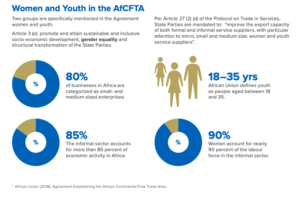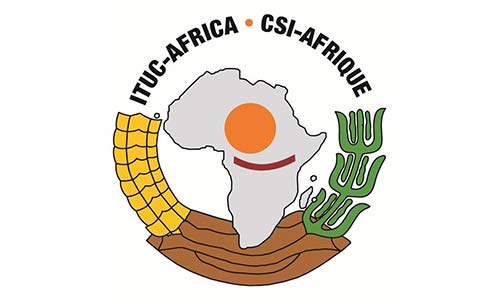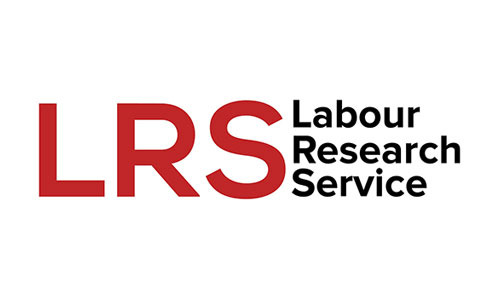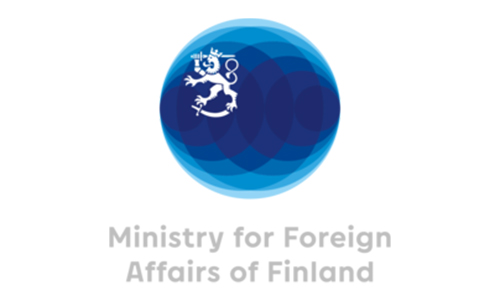Gender mainstreaming involves integrating women and men’s concerns and experiences into the design, implementation, monitoring and evaluation of all policy documents and across all sectors. Gender mainstreaming aims to achieve equity, equality, non-discrimination and empowerment.
Globally, gender mainstreaming in free trade agreements is a common practice. In Africa, gender-related provisions exist in the establishing treaties of five regional economic communities. These are the EAC, COMESA, ECOWAS, SADC and ECCAS.
In contrast, the agreement establishing the African Continental Free Trade Area (AfCFTA) makes specific reference to women only in its preamble and general objectives. The Protocol on Trade in Services, for example, is explicit on increasing the export capacity of women and youth. Article 4 of the Protocol on the Free Movement of Persons also addresses gender discrimination.

Each Member State must design and implement gender-sensitive policies and target complementary measures to realise the objectives of the AfCFTA. Gender responsiveness must occur within all developmental policies and approaches at national and continental levels.
The trade union response
What do we need to look out for, deliberate and demand?
The AfCFTA in its current form refers to the promotion and attainment of gender equality. But more action is needed to achieve equity, equality, non-discrimination and women empowerment. To advocate for the needs of women, trade unions should consider the following demands:
- Gender should not be a stand-alone issue in the AfCFTA or any national or continental policy or development procedure. Gender objectives can only be met when gender is mainstreamed through all processes and procedures.
- Demand national initiatives such as gender-sensitive education, women-training programmes, financial support for women entrepreneurship and the implementation of tax reductions for women-owned companies.
- Acknowledge the majority role of women in Africa’s informal sector and their associated vulnerability.
- Conduct gender analysis of the impacts of the AfCFTA and include specific proposals that address the possible negative effects on women within advocacy campaigns.
- The anticipated increase in female employment through the AfCFTA should produce decent jobs with adequate protection and health and safety measures.
You may like:
Marie Daniel
Marie Daniel is an Associate at Labour Research Service. Marie has an urban studies and development economics background and one of her research passions is organisation and participation approaches within the informal sector. She is intrigued by the manner in which participatory democracy is approached and implemented in South Africa.




